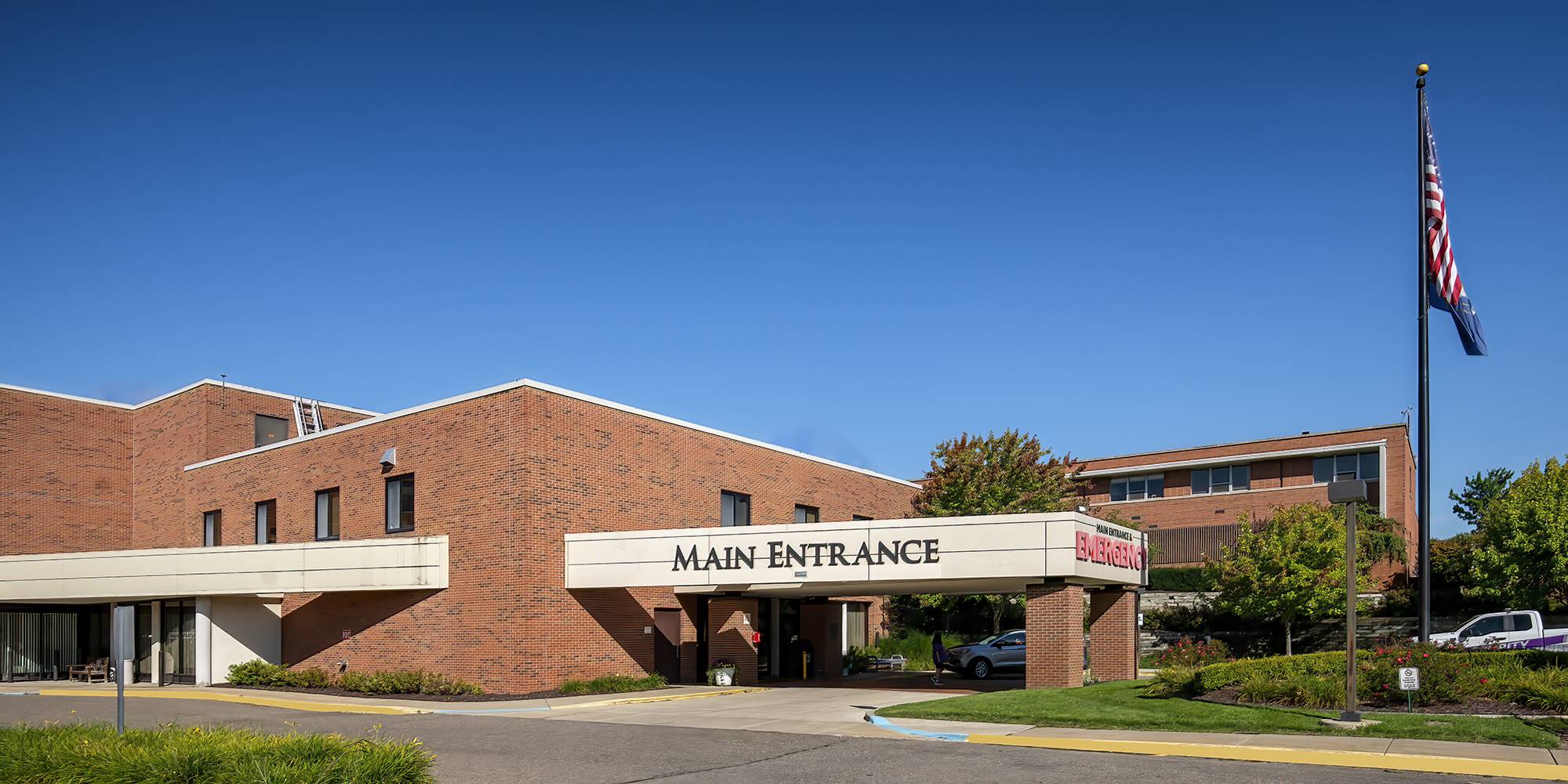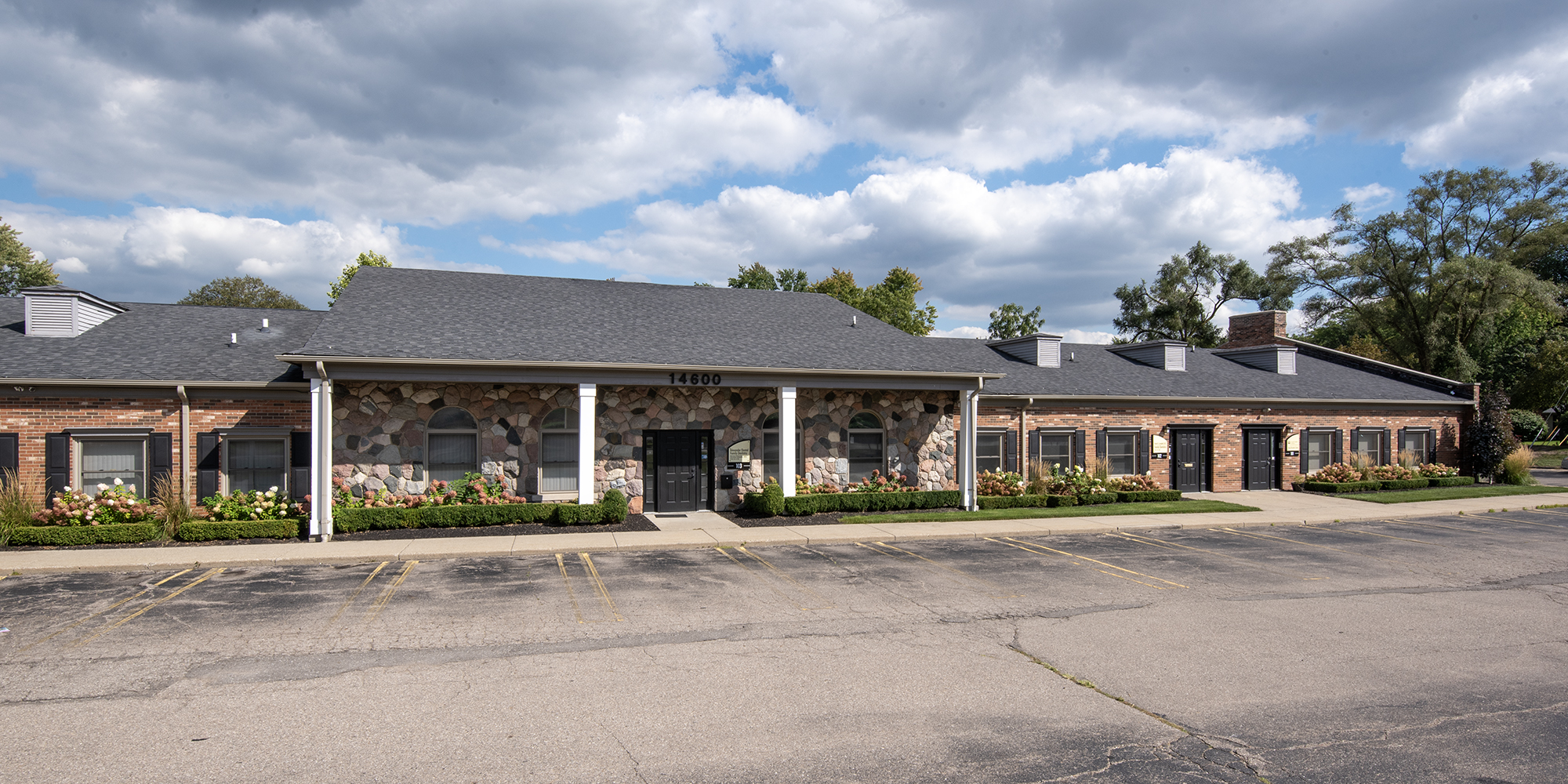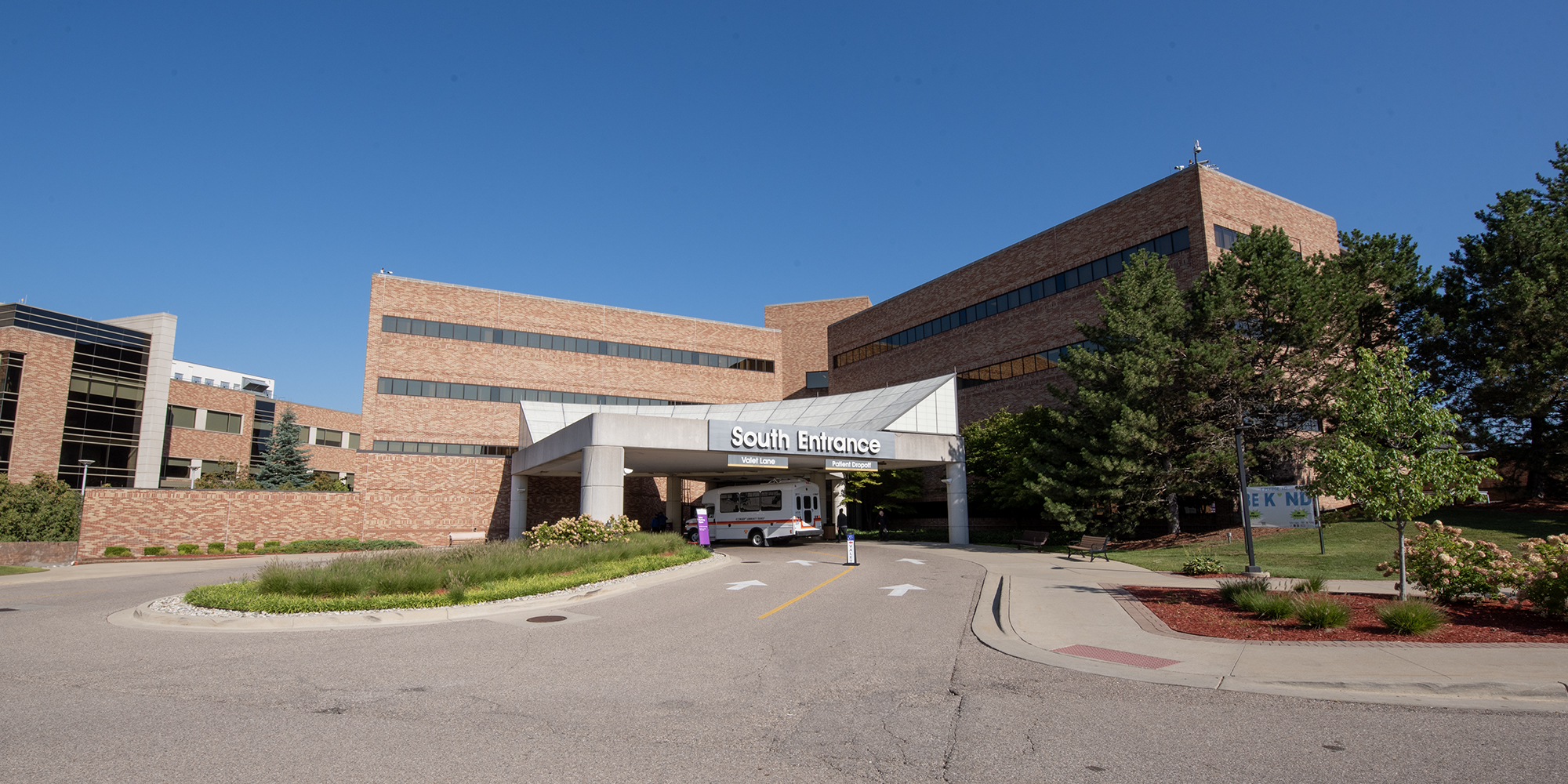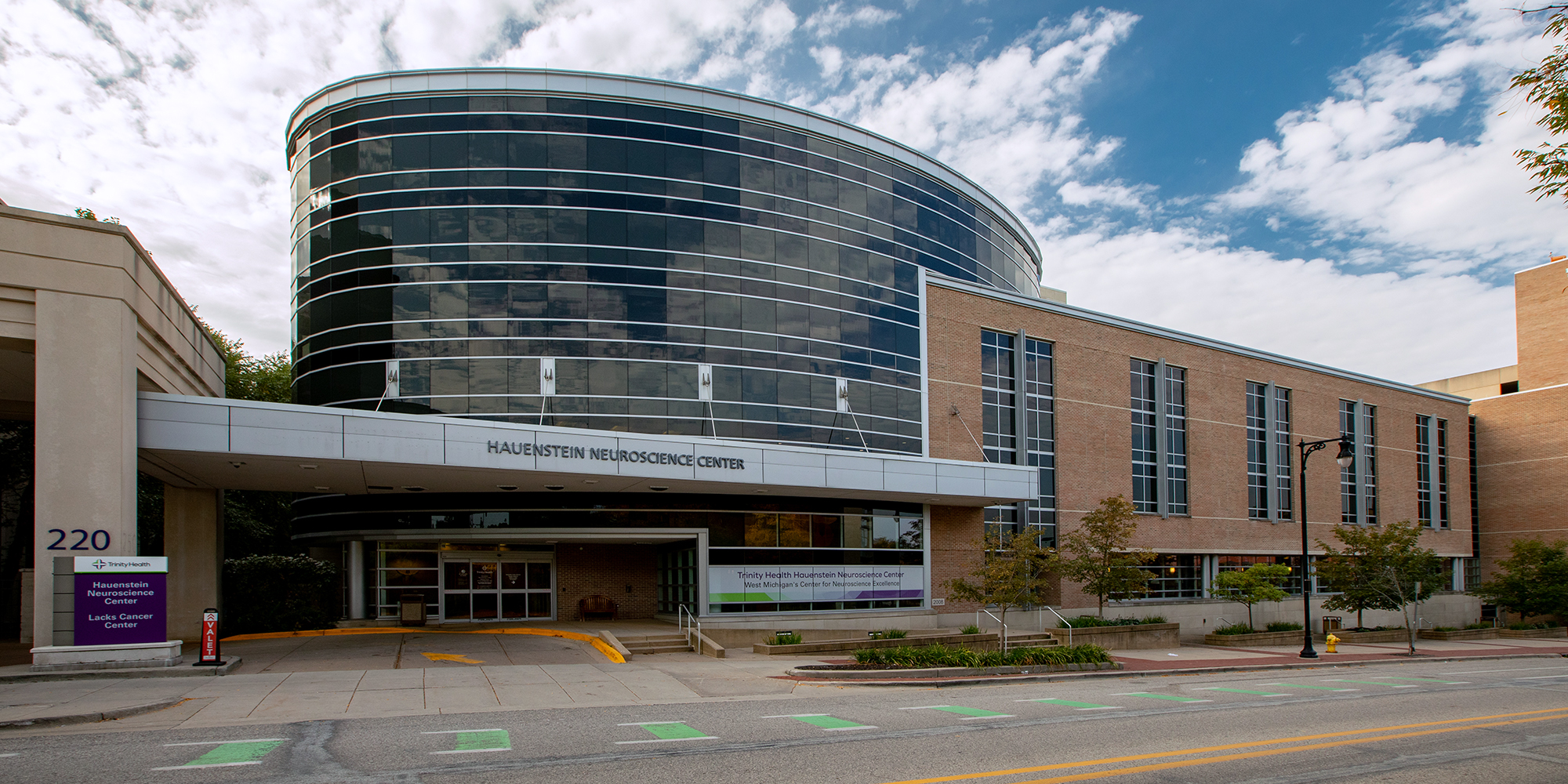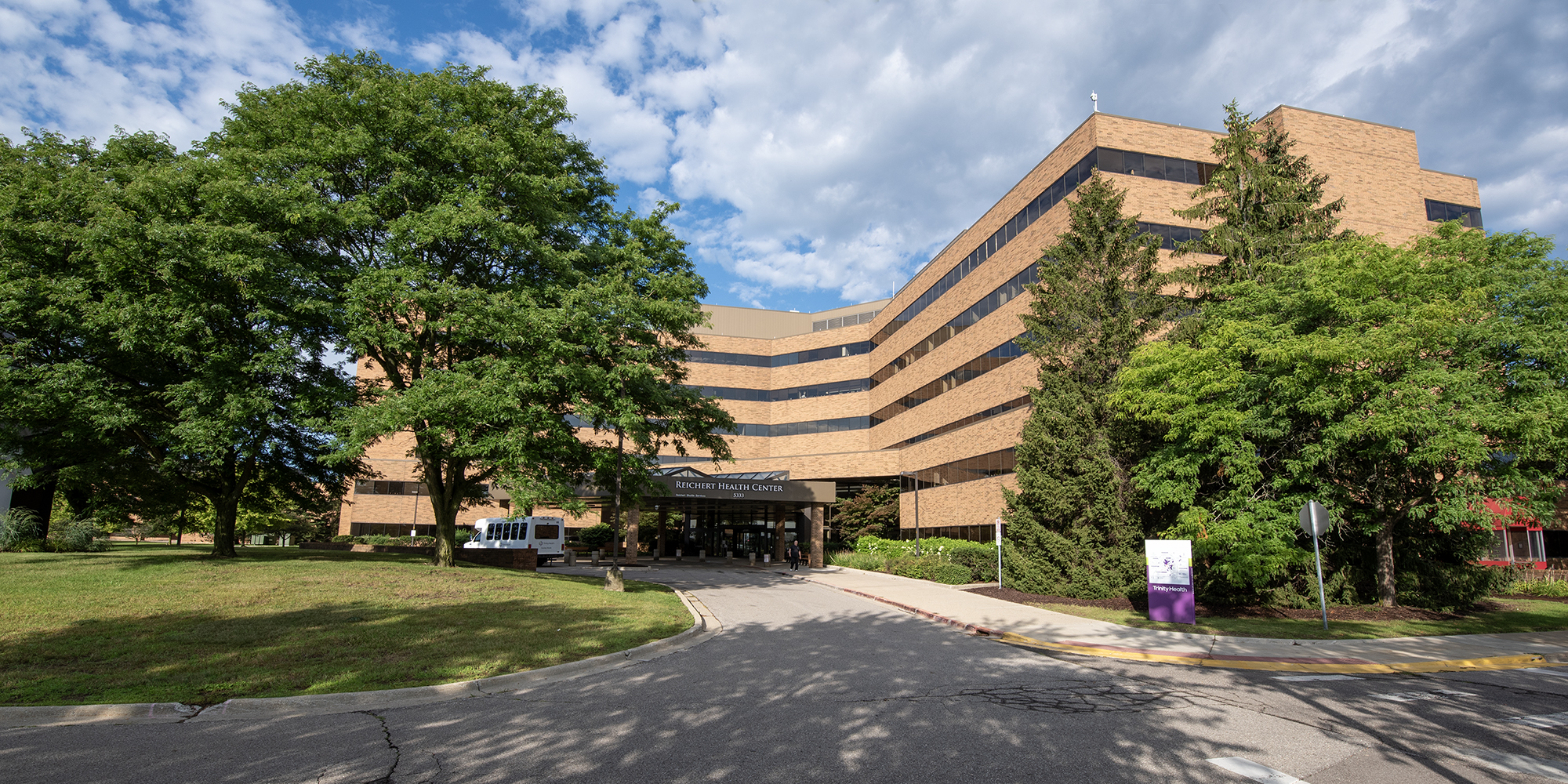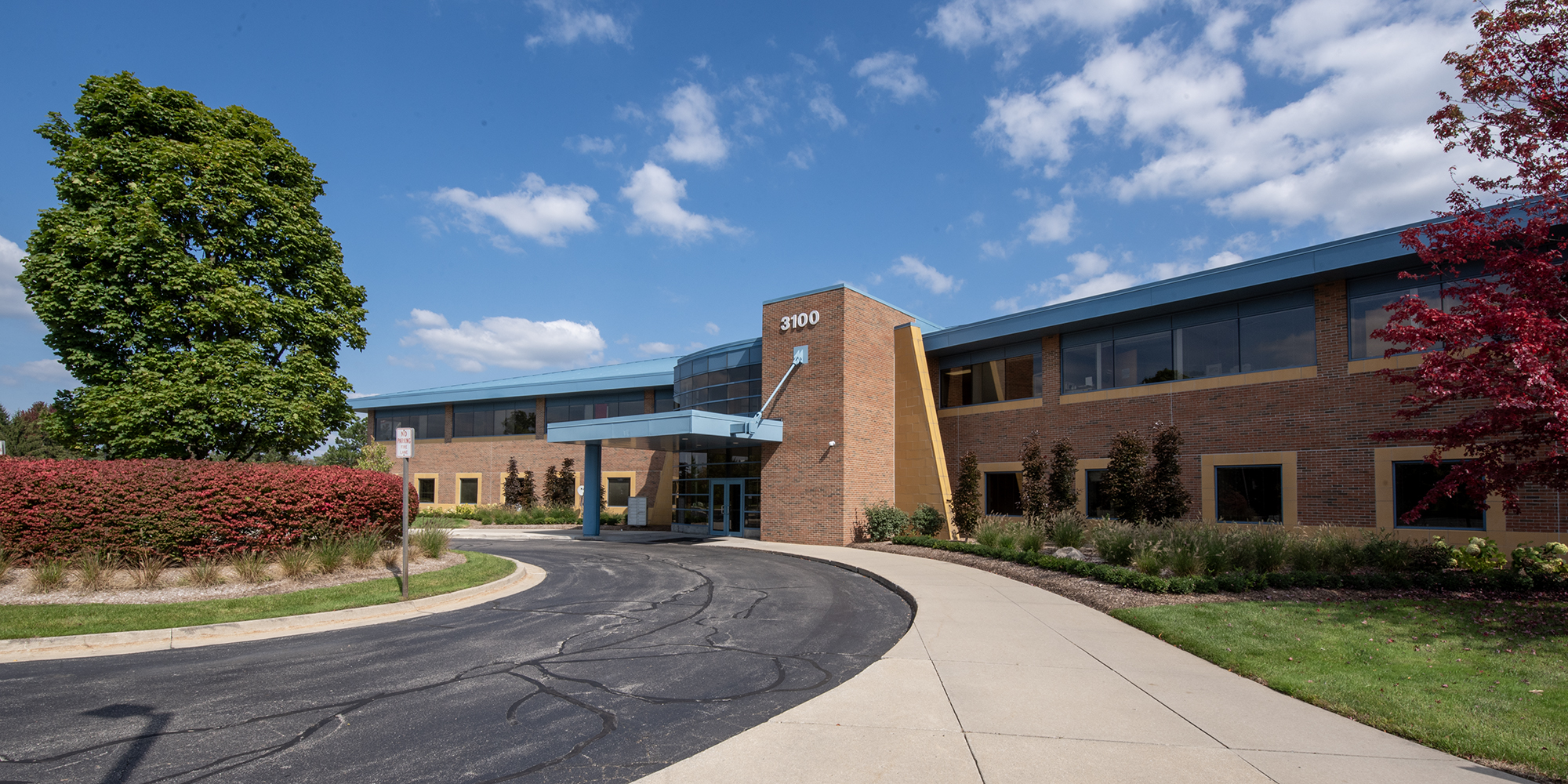Sleep Medicine
Philips Respironics Recall
Philips Respironics issued a recall for some CPAP devices, BiLevel PAP devices and Mechanical Ventilators due to potential health risks related to foam used in the devices. Visit the Philips website or call 877-907-7508.
Poor sleep can seriously affect your health and well-being. Lack of sleep leads to trouble making decisions, solving problems, controlling emotions and coping with change. Sleep deficiency is also linked to an increased risk of heart disease, kidney disease, high blood pressure, diabetes and stroke.
Trinity Health Sleep Disorders Centers are staffed by board-certified sleep medicine physicians and registered sleep technologists and accredited by the American Academy of Sleep Medicine.
Trinity Health Sleep Centers are dedicated to the evaluation, diagnosis and management of the full scope of adult and pediatric sleep disorders, including:
- Circadian Rhythm Disorders
- Insomnia
- Narcolepsy
- Parasomnias
- Periodic Limb Movements
- Restless Leg Syndrome
- Sleep Apnea
- Snoring
As such, our sleep centers are designed like fine hotels with comfortable, private rooms. We specialize in a variety of disciplines, including psychiatry, pulmonary and critical care medicine, pediatrics, and adult and child neurology.

Schedule your sleep study by contacting one or our locations.
A physician referral is required for a sleep study. Talk to your doctor today to get started.
Don't have a doctor? Find one now.
Find a DoctorSleep Conditions
Circadian Rhythm Disorders
These disorders are caused by having abnormal sleep schedules that do not align with our desired sleep schedules during the day. This misalignment can cause daytime sleepiness and fatigue. Examples of these disorders include a delayed schedule, irregular sleep schedules and shift work disorder often seen in night shift workers. A sleep specialist can help to determine the cause and adjustments you need to make to have the most optimal sleep pattern.
Insomnia
People suffering from insomnia have difficulty falling or staying asleep. It affects roughly one in eight people. For some, it is a short-term condition due to environmental or lifestyle changes. Others suffer from chronic insomnia, which lasts for more than one month.
Narcolepsy
Narcolepsy is a chronic neurological condition caused by the brain’s inability to regulate sleep, affecting an estimated 250,000 Americans. People who feel excessively sleepy during the day, or who feel muscular weakness when they are angry, surprised, or amused, may have narcolepsy. This disorder often emerges in young adulthood and is a life-long medical problem.
Parasomnias
Parasomnias are abnormal behaviors that happen during sleep, of which you might not be aware. Examples can be acting out of dreams, fighting or kicking in sleep, night terrors or sleepwalking. These behaviors can lead to serious injury to yourself or a bed partner and should be evaluated by a sleep professional. Parasomnias can often be controlled by simple treatments and adjustments to your overall sleep.
Restless Leg Syndrome/Periodic Limb Movements
Restless leg syndrome (RLS) is a disorder causing unpleasant crawling, prickling or tingling sensations in the legs and feet and an urge to move them for relief. This disorder leads to constant leg movement during the day and insomnia at night. Severe RLS is most common in elderly people, though symptoms may develop at any age.
Many RLS patients also have a disorder known as periodic limb movement disorder (PLMD), which causes repetitive jerking movements of the limbs, especially the legs. These movements occur every 20 to 40 seconds and cause repeated awakening and severely fragmented sleep.
Sleep Apnea/Snoring
Snoring can be a symptom of a serious sleep disorder called sleep apnea. People with sleep apnea stop breathing again and again during sleep. These episodes may last 10 to 90 seconds and can occur hundreds of times each night. An estimated 18 million Americans have sleep apnea.
For people with sleep apnea, the combination of disturbed sleep and low oxygen levels may lead to hypertension, heart disease and mood and memory problems. Sleep apnea is a serious health disorder, and you should consult your doctor immediately if you feel you may suffer from it.
Trinity Health Sleep Centers are accredited by the American Academy of Sleep Medicine (AASM). Trinity Health Lakeshore Sleep Center is accredited by the Accreditation Commission for Health Care (ACHC).





